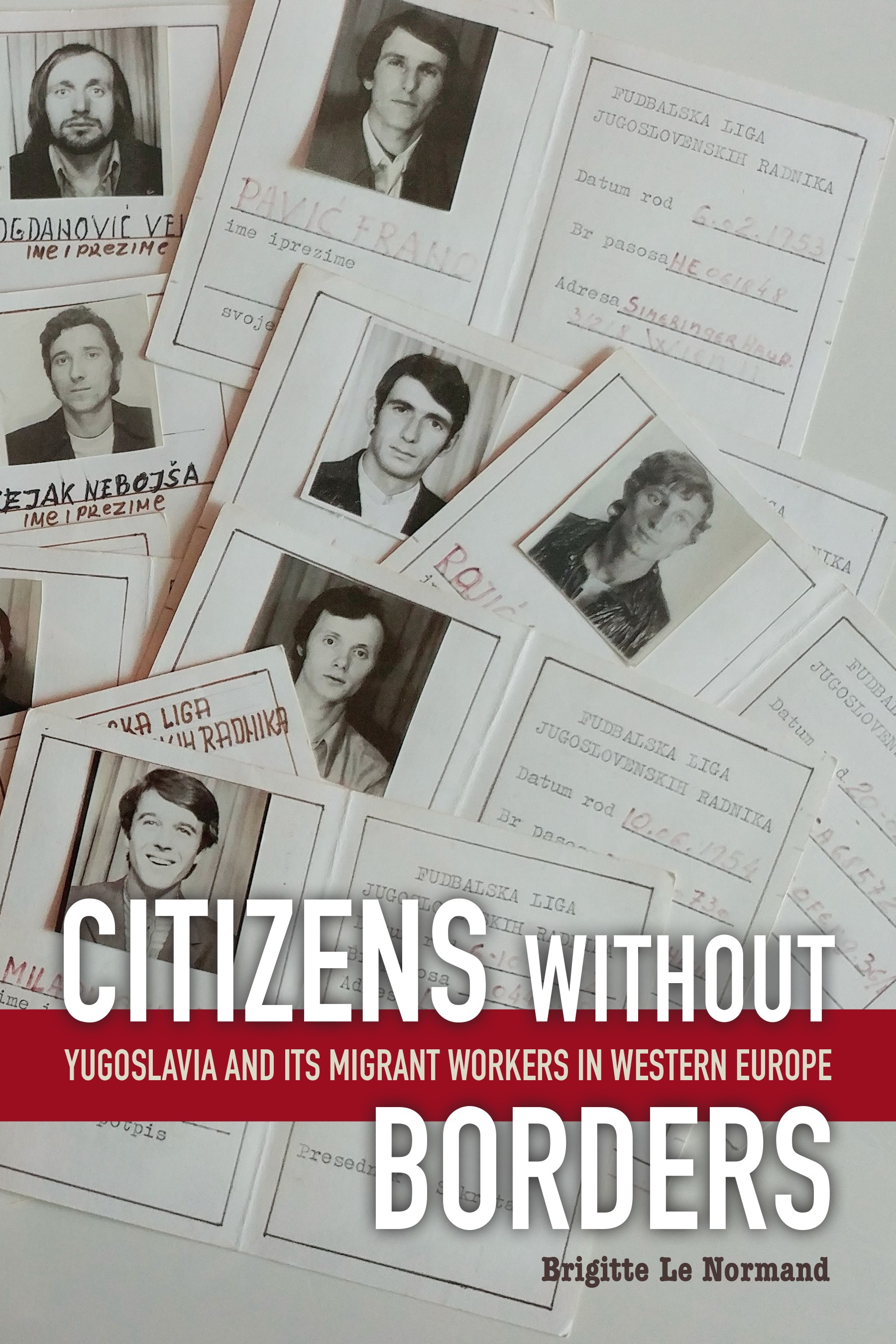Among Eastern Europe’s postwar socialist states, Yugoslavia was unique in allowing its citizens to seek work abroad in Western Europe’s liberal democracies. This book charts the evolution of the relationship between Yugoslavia and its labour migrants who left to work in Western Europe in the 1960s and 1970s. It examines how migrants were perceived by policy-makers and social scientists and how they were portrayed in popular culture, including radio, newspapers, and cinema.
Created to nurture ties with migrants and their children, state cultural, educational, and informational programs were a way of continuing to govern across international borders. These programs relied heavily on the promotion of the idea of homeland. Le Normand examines the many ways in which migrants responded to these efforts and how they perceived their own relationship to the homeland, based on their migration experiences. Citizens without Borders shows how, in their efforts to win over migrant workers, the different levels of government – federal, republic, and local – promoted sometimes widely divergent notions of belonging, grounded in different concepts of "home."
Online unter diesem link:
Join Zoom Meeting
https://us02web.zoom.us/j/87529946966?pwd=R2tDSTkvTTRvZjJ3andpaktrMDlFZz09
Meeting ID: 875 2994 6966
Passcode: h9AFRW
